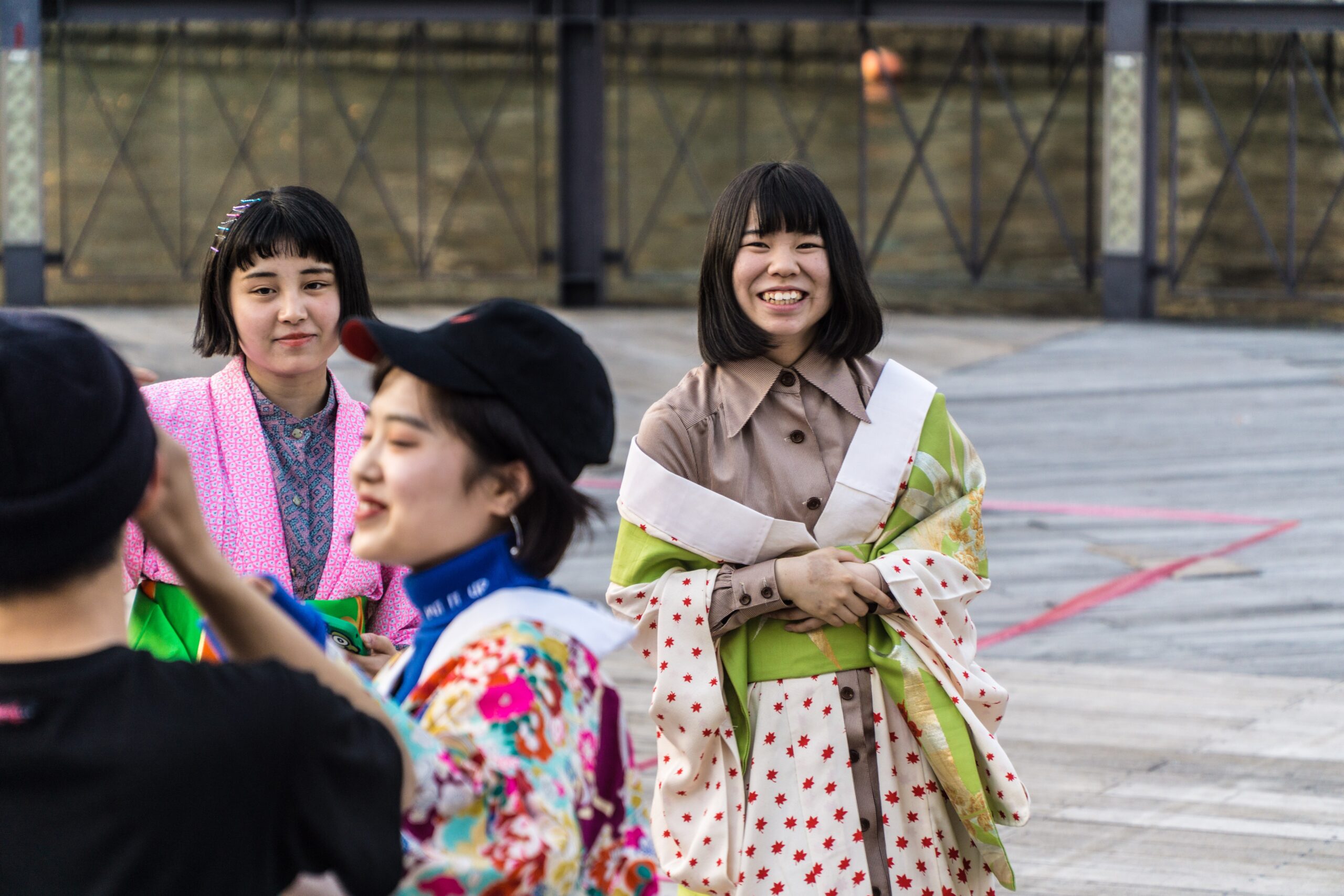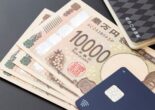What country are you from? As a foreigner or gaijin living in Japan, you can easily compile a list of the frequently asked questions you will be faced with. Some can get funny such as your ability to use chopsticks. Here’s a few to get started.

Where are you from?
This question takes first place on the list. My husband was asked this by delivery personnel, police officers introducing themselves to our new neighborhood, mailmen, even a Burger King staff making small talk.
If you’re a foreigner here in Japan, be prepared to hear, “Okuni wa dochira desu ka? (お国にはどちらですか)” from those interested in knowing where you are from. As many Japanese automatically think someone Caucasian-looking comes from North America, there’s an extra surprise in our case when my husband gives a European country. Don’t be offended if the Japanese can’t tell North American, European or Australian apart based on appearance or accent. It’s the same way how Westerners perceive those from Asia, specifically China, Japan, and Korea.
Needless to say, your answer is a great conversation starter. It’s entertaining to watch them initiate small talk, such as asking where in Europe, sharing the tourist spots they’ve visited in the past, or expressing their intent in visiting the country. It is at these moments when language is no longer an issue, and a meaningful connection is made.

How long have you been in Japan?
The next question that follows is usually how long you’ve been in Japan. When you respond in Japanese, they will show pride and increased curiosity. Therefore, they often ask when you’ve arrived. The person you’re talking to might ask when you arrived in Japan – “Anata wa itsu Nihon ni kimashitaka? (あなたはいつ日本に来ましたか)” if they gauge your Japanese level to be basic, or how long you’ve lived in Japan – “Dorekurai no aida kokoni sundeimasuka? (どれくらいの間ここに住んでいますか)” for more advanced Japanese proficiency.
How you reply will manipulate how the conversation pans out. For example, if the person you’re talking to senses that you can respond to the second question, more intimate questions can follow. They might ask you what you do for a living, where you work, if you’re married, and so on.

What is your favorite Japanese food?
Another popular question foreigners are asked is regarding their favorite Japanese food. The Japanese are proud of their cuisine, and this is further increased if they find out that their dishes are served across the world where you’re from. Chances are, you already have a few favorites in mind, so the answer to this question is easy. If you say sushi, they might ask what kind of fish, like maguro (tuna) or Hamachi (amberjack). They might even give you recommendations to the best restaurant names to try for a particular dish you mention, whether for cheap eats or luxurious dining options.
Do you have plans of going back home?
Don’t be surprised if this question is asked. It might seem rude, but this is often asked very innocently with no hidden meanings. The Japanese ask this because they’re used to exchange students, language teachers, and those who are here on a contract. Therefore, they simply want to know if you have plans on going home any time soon. This is especially true for someone that you might be working with or a friend of a friend wondering if you can be friends too. Plus, they might also be interested in finding out if you miss your home or feel homesick when you give a relatively long period of more than a year or two.

What is your blood type?
Foreigners are often baffled by this question, but blood types can easily define a personality with a letter in Japan. A couple of my Japanese language lessons covered this in detail, and I was genuinely amused at how convinced and passionately my teacher delivered the lesson. The Japanese population is comprised of approximately 40 percent type A, 30 percent type O, 20 percent type B, and 10 percent type AB.
It is common to Japanese belief to assume that type A people are well-organized perfectionists and over-anxious team players. Type O individuals are optimistic, generous yet stubborn. Meanwhile, type AB excels in the creative arts while type B people are the passionate, cheerful yet selfish pragmatists. What’s your blood type? Do the Japanese have it correct? Did you know that they use it to define compatibility, whether in platonic or romantic relationships? They even have it down to forecasting the strengths, weaknesses, opportunities, and threats of a particular pairing, much like the zodiac signs.
It really is fascinating how curious the Japanese are when it comes to foreigners. Being a secluded island throughout history has got them treating “newcomers” like a novelty. You can even share the questions with your friends and confirm the same, making for a good laugh and conversation.



